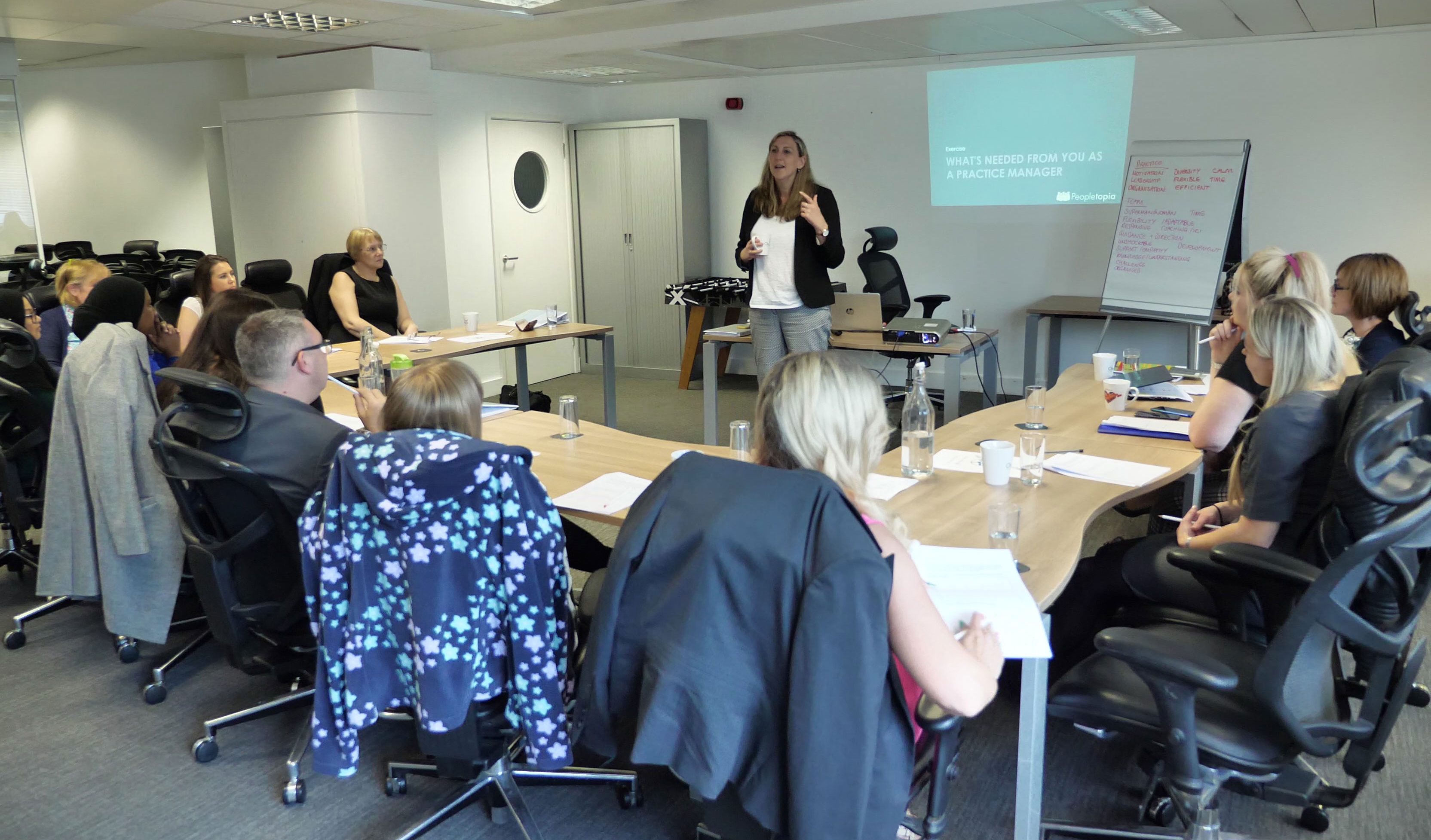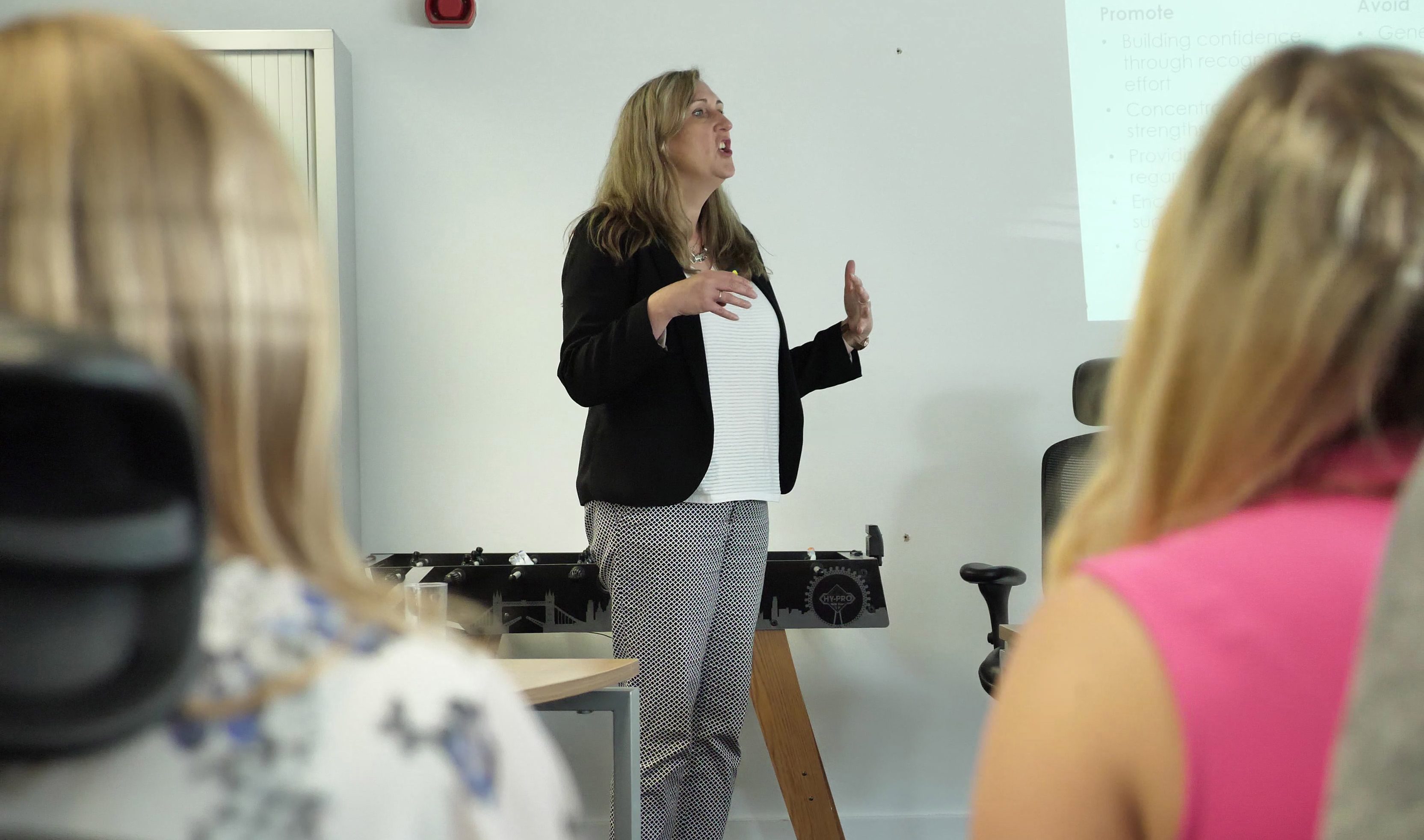 Seb Evans went to Colosseum’s ‘Managing your team’ training day to find out how the dental corporate is training its practice managers.
Seb Evans went to Colosseum’s ‘Managing your team’ training day to find out how the dental corporate is training its practice managers.
The role of a practice manager (PM) can be one of the most varied in dentistry.
From organising staff rotas to making sure equipment in the practice is running smoothly – every day can be different, which is why it is so important for PMs to receive regular and varied training to keep up to date.
But the role of a PM is often one of the most overlooked as well, with very few training providers offering something specific for the practice manager.
One of the newest corporate dental companies in the UK, Colosseum Dental, is trying to change this, and has created its Practice Managers’ Programme – an eight-month programme with seven workshops covering all elements of a practice managers’ role.
The days include:
- Managing myself – understanding how the PM’s behaviour impacts others
- Managing my team – motivating, supporting, developing and getting the best from your team
- Managing my practice – driving income, understanding profit and loss, and forecasting
- Clinical overview – understanding the importance of clinical aspects of dentistry, such as compliance and regulators
- Managing customers – establishing a customer service culture within the practice
- Managing people, process and policy – the employee life cycle, such as recruitment, induction, probation and personal development
- Systems – a hands on session taking a closer look at the software used at Colosseum.
Managing my team
One of the priorities for a PM is to effectively manage the dental team to achieve the best for your patients.
Clare Portman – director at Peopletopia, who undertook the training – explains: ‘The aim from today is to give all the managers a baseline in terms of skills so that they have one approach across the business. It helps to build their confidence in using these skills.Specifically, in their role in terms of managing their people and getting the best out of their teams.’

Attendees to the class were given a workbook to go through during the day, but the training is predominantly led by discussions and sharing ideas with each other.
‘If we come up with an idea, we then work out how to apply that back to the business,’ Clare continues.
‘We try to make it as practical as possible. We want people to go away with a few simple tools that will make a difference to how they feel about managing their people and the results they get.’
What makes you tick?
Keeping teams motivated can be one of the toughest jobs for a PM.
During the training, Clare pointed out that a PM’s role is two-fold; firstly, it’s to motivate the team and the second is to find out what makes your staff tick. Clare also pointed out that money isn’t always the only motivating factor for all staff.
All attendees to the class were asked to undertake a questionnaire, which analysed each person’s motivation.
The answers led to each person falling into one of four motivation profiles:
- Achievement
- Influence
- Affiliation
- Security.
Each of these profiles has different motivating and demotivating factors, which Clare summarised for each PM to take away with them.
The varying results around the room proved how difficult it can be to motivate a whole team. But when you realise which profile somebody may fall into, it can make the job a lot easier.
‘Today has been very interesting, it makes you think and question things,’ a practice manager said.
‘For me, I’m so new in my practice that I’m having to get to know my team in order to know what motivates them.
‘[It] has given me ideas and prompts and I feel like I’ve got a strategy when I go back. I know what I want to put in place and how I want it to work.’

Communicating with your team
Communicating effectively with the team is another area PMs need to excel in.
If the overall target for a practice isn’t effectively communicated around the team, it can lead to everybody pulling in different directions.
Clare suggested that in order to build a high performing team, each practice needs to have one common goal.
She suggested each team create a common phrase, similar to: ‘Will it make the boat go faster?’, which the GB Men’s Rowing Eight, who won gold at the Sydney Olympics, made famous by asking at every stage of their training.
To help create this common phrase, Clare encouraged teams to think about what is important in their practice, what they do well and what they should be doing differently.
Then to communicate this effectively around the team so, at every point, they are asking ‘will it make the boat go faster?’.
‘The day’s been really good, I’ve enjoyed it and I really enjoyed the last day as well, which showed us what we are like as managers, how to deal with staff and the different personalities,’ one practice manager said.
‘Colosseum is a good place to work, they’ve done a lot for me with regards to training and I really enjoy working for the company.’
PMs are often the glue that hold successful practices together. By offering this training programme to its practice managers, Colosseum are ensuring that its practices are achieving the best results for its patients.
For more information, visit www.colosseumdental.co.uk.


